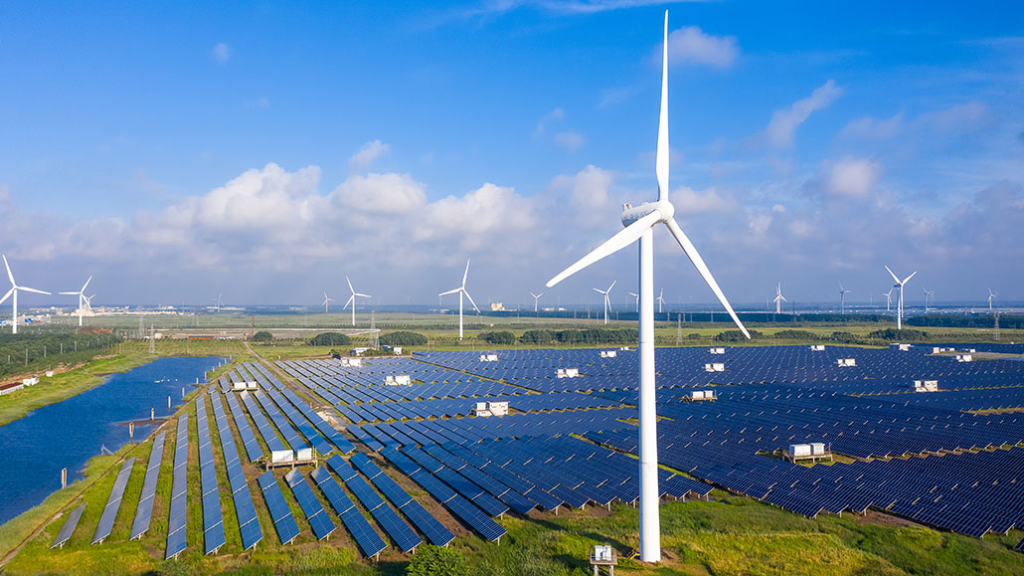In light of Russia’s invasion of Ukraine and China’s tense relations with the West, Russia, China, and South Africa will start conducting naval exercises off the coast of South Africa on Friday.
The 10-day exercise, known as Mosi II, will take place on February 24—the first anniversary of Russia’s invasion of Ukraine.
Admiral Gorshkov, a Russian frigate, arrived in Cape Town earlier this week with the letters Z and V on its sides. These letters are used as a patriotic symbol in Russia and are used to identify Russian weapons on the front lines in Ukraine.
A small boat flying the flag of Ukraine passed the Russian frigate in Cape Town’s harbor in protest. On Friday, protesters from South Africa who oppose the exercises are anticipated to gather outside the Russian Consulate in Cape Town.
The Admiral Gorshkov’s arrival has generated a lot of controversy because it is equipped with the newest Zircon hypersonic missiles, which Russia claims can get past any missile defenses and hit targets on land and at sea.
According to Tass, a Zircon missile test will be conducted by the warship during the joint naval exercises. The missile will be launched for the first time in a global exercise during the test.
According to a South African military statement, three Chinese ships—a destroyer, a frigate, and a support vessel—will be participating in the maritime exercises alongside the Admiral Gorshkov. The Russian oil tanker will be used for refueling.
The joint naval exercises occur at a time when ties between Beijing and Washington are tense as a result of China’s balloon crossing the American continent before being shot down.
The ports of Durban and Richards Bay in South Africa’s KwaZulu-Natal province will serve as staging areas for the maritime exercises.
The drills have only been partially covered by the media.
For taking part in the drills, South Africa has received criticism from within the country. South Africa is clearly not acting impartially in Russia’s conflict in Ukraine, according to the opposition Democratic Alliance.
The naval drills with China and Russia have been referred to by the South African National Defense Force as “a multinational maritime exercise.” In order to exchange “operational skills and knowledge,” the naval exercises will “strengthen the already flourishing relations between South Africa, Russia, and China,” according to a statement from the military.
The government has stated that at least 350 members of the South African navy and other military branches are anticipated to take part in the exercise. The Mosi I naval drills were previously conducted by the three nations in Cape Town in 2019.
South Africa abstained from voting on a United Nations resolution denouncing Russia’s war in Ukraine, one of many African nations with cordial ties to Moscow.
Since the beginning of the conflict in Ukraine, South Africa has courted support from Russia and the United States, demonstrating Pretoria’s influence as a strategic partner on the continent. The two superpowers have been competing for sway in Africa by dispatching high-ranking diplomats to the region recently.
To strengthen diplomatic, political, and economic ties, senior American officials, including Secretary of State Antony Blinken and Treasury Secretary Janet Yellen, recently paid a visit to South Africa. In September 2022, South African President Cyril Ramaphosa paid a visit to the White House.
Russian Foreign Minister Sergey Lavrov criticized the West’s support for Ukraine during a trip to South Africa last month and emphasized Russia’s close ties with that country and other African nations.









